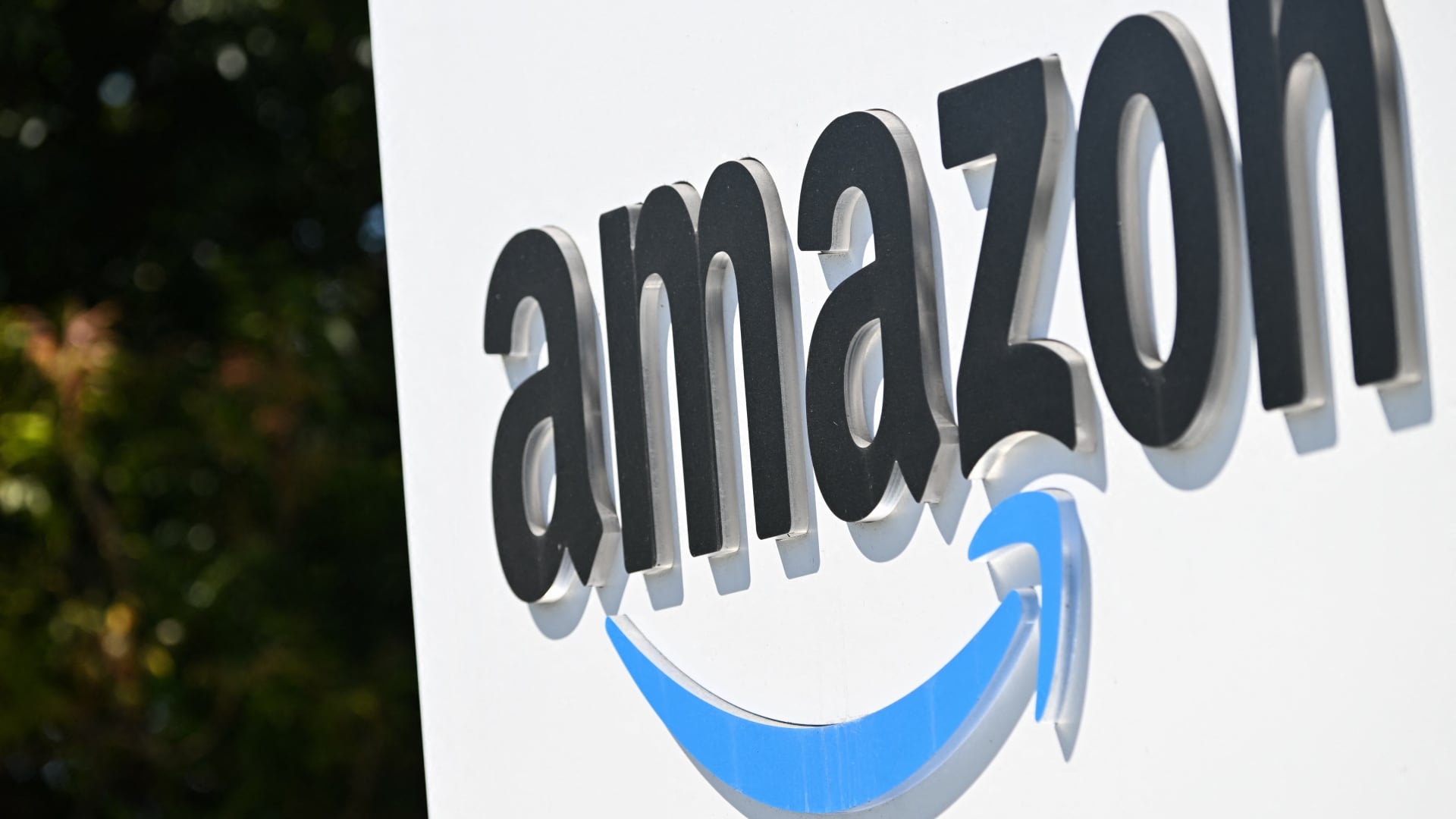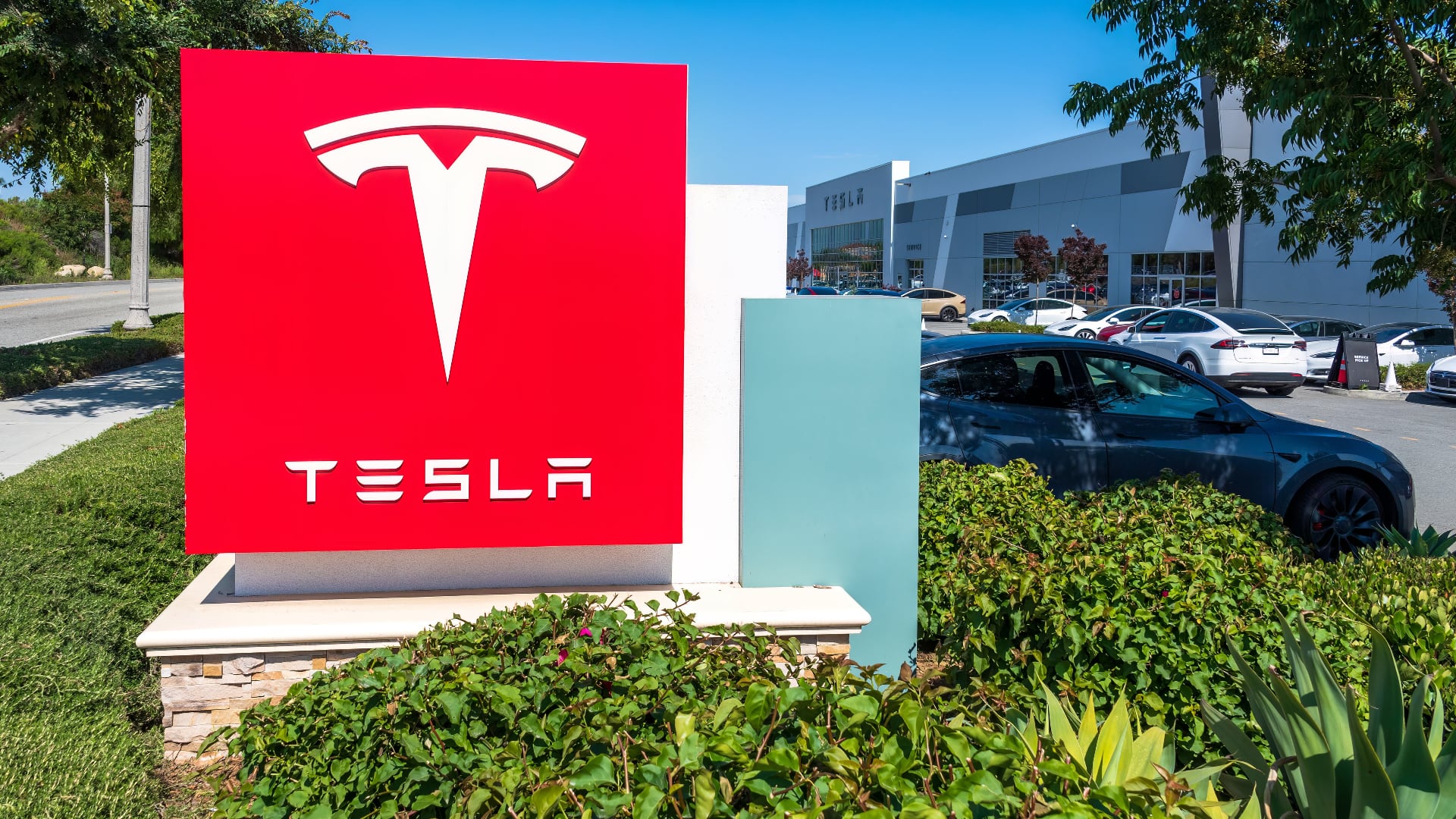In honor of Friday's UN International Day of the Girl, the nonprofit Girls Who Code organized the #MarchForSisterhood on TikTok to encourage people to post photos and videos of themselves marching for causes they are passionate about. Thousands of young women around the world are expected to take part in this first all-digital "march" to spread awareness of gender inequality in the tech space.
"Girls are changemakers. They are going to lead us. They are going to save us. They are going to heal us," Girls Who Code founder and CEO Reshma Saujani told Cheddar. She said the all-digital strategy is an easy way to get as many people involved as possible.
The #MarchForSisterhood event, which was announced last month, garnered quite a bit of attention, with Girls Who Code reporting that nearly 250,000 posts included the tag and the videos were viewed more than 500 million times.
he issues touched by the event reach far beyond that and include everything from climate change to equal pay to workplace harassment, and Girls Who Code worked with Team Sisterhood, a team of 100 young women who work on a variety of issues in their own communities, to make it happen.
"We're in this time where our leaders are behaving like children, and our children are behaving like leaders," says Saujani.
It's also a chance for Girls Who Code to work towards its goal of closing the gender gap in the tech industry. The organization has taught 185,000 girls how to code so far.
"I think we can solve this problem by 2027," Saujani adds. "By 2027 we will have trained enough young women to code, that we will be able to cap half of the technology jobs by women if companies will hire them."












